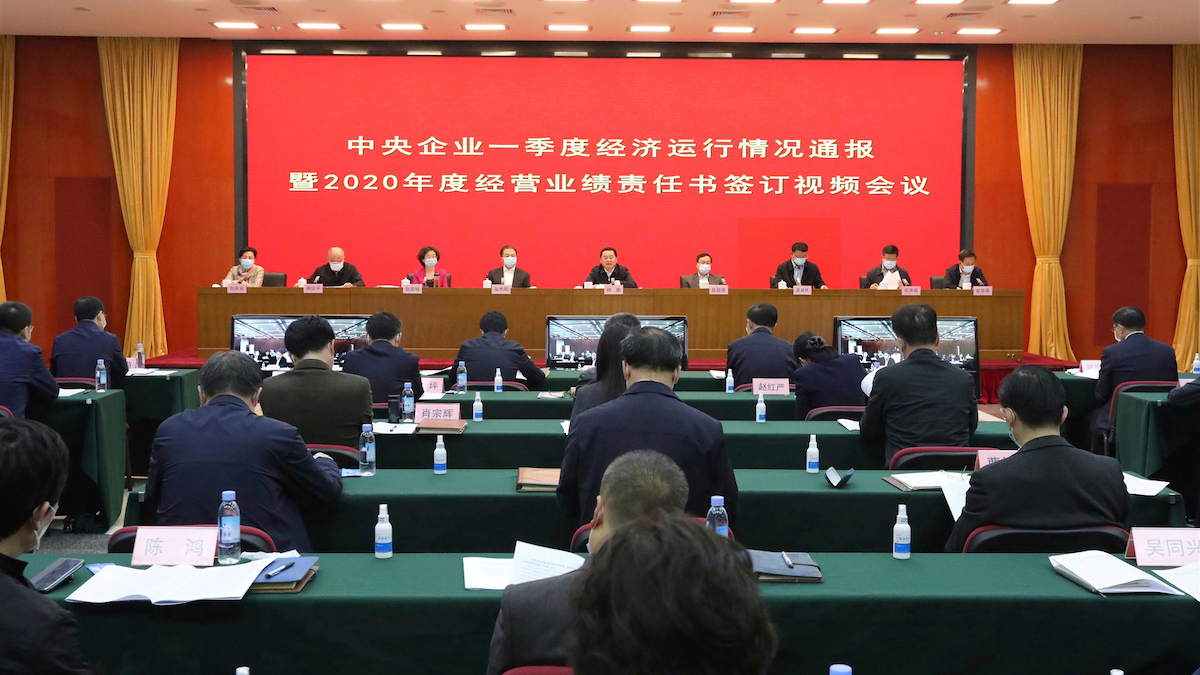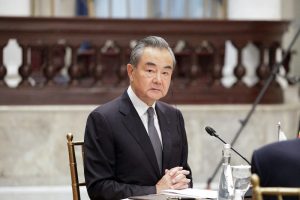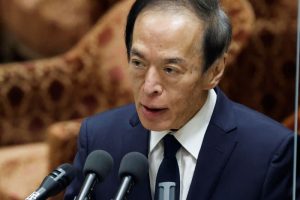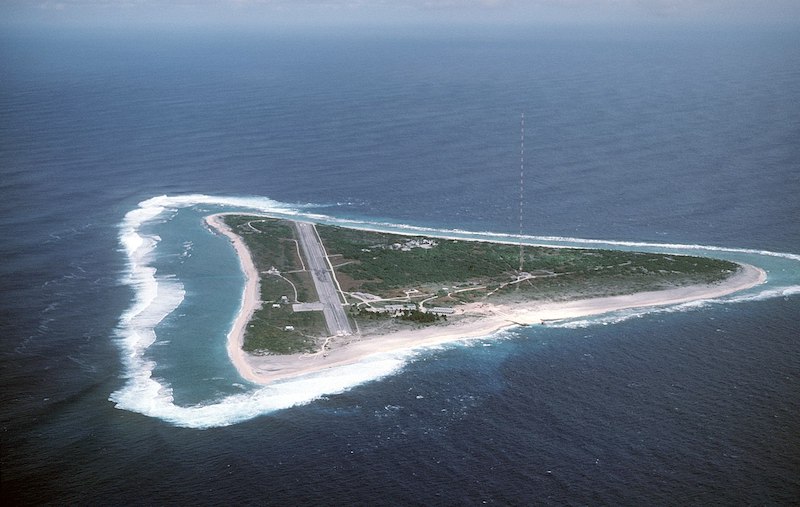(ATF) China’s Brilliance Automobile Group Holdings – otherwise known as Brilliance Group – are showing signs of a flat tire.
According to Wind data, on Wednesday (August 12), many of Brilliance Group’s remaining bonds fell sharply. Among them, 19 Huaqi 01 closed down 28.65%, 18 Huaqi 01 closed 19.93%, 17 Huaqi 01 fell 19.19%, and 18 Huaqi 02 fell 18%, while 18 Huaqi 03 fell 17.16%.
Sina Finance reported that a debt committee has been set up for Brilliance Group, with China Everbright as the main lead bank. At present, creditors are reporting their claims. The establishment of the debt committee is mainly to coordinate relevant creditors not to take out loans, suppress loans, or cut off loans and to continue to provide financial support.
As of the end of 2019, Brilliance Group had 34 primary and secondary subsidiaries, including four listed companies, namely Brilliance China (1114.HK), Jinbei Automobile Co Ltd (Jinbei Automobile, 600609.SH), and Shanghai Shenhua Holdings Co Ltd (Shenhua Holdings, 600653.SH) and Xinchen China Power Holdings Co Ltd (Xinchen Power 1148.HK).
From January 2019 to March 2020, Brilliance Group achieved total operating income of 210 billion yuan (US$30.24 billion) and total profit of 19.356 billion yuan.
In terms of assets, at the end of March 2020, the group’s total assets were 175.437 billion yuan, a decrease of 10.19% from the end of 2019. This was mainly due to the large scale of cash payments for debt repayment. Current assets include capital of 33.003 billion yuan, a decrease of 40.7% from the end of 2019, mainly due to the repayment of corporate bonds.
Judging from the current asset restrictions and situation in regard to collateralisation, as of the end of March 2020, the scale of Brilliance Group’s restricted assets was 20.113 billion yuan, accounting for 38.12% of current net assets and 11.46% of total assets.
Oriental Jincheng Ratings believes that the total debt of Brilliance Group is still relatively large, and that short-term interest-bearing debt is the main culprit. At the end of 2019, the company’s total debt was 65.549 billion yuan, with short-term interest-bearing debt at 47.887 billion yuan, accounting for 73.06%. The total debt capitalisation ratio was 56.45%, and the company’s debt-to-asset ratio was 74.11%, an increase of 4.18 percentage points year-on-year.
Huge short-term debt
From the perspective of maturity structure, as of April to the end of December 2020, Brilliance Group’s interest-bearing debt is 43.267 billion yuan, accounting for 63.87% of all interest-bearing debt. The scale of short-term debt is huge, and there is strong short-term centralised debt repayment pressure on the group.
At the end of 2019, the group’s total bank credit was 34.947 billion yuan, a decrease of 2.582 billion yuan from the previous year. Of this, the used credit line was 31.351 billion yuan and the unused credit line was only 3.596 billion yuan.
Production and sales data show that in 2019, the output of Brilliance Group’s own brand passenger vehicles was 178,200, a year-on-year decrease of 19.66%; the capacity utilisation rate was 41.44%, a year-on-year decrease of 10.14 percentage points. From January to March 2020, the sales volume of self-owned brand passenger vehicles was 23,300, and the capacity utilisation rate was 21.67%. This was mainly due to the impact of the epidemic, and the decline was large, but still at a low level.
China Merchants Securities analysis believes that Brilliance Group sold 400 million shares to Liaoning Communications Investment, the shareholding ratio fell to 30.4%, and it remains the controlling shareholder. It is estimated that the reason for the sale of shares is that Liaoning Transportation has a potential demand for passenger cars, and it has opened the upstream and downstream industrial chain via equity investment. Secondly, Brilliance Group used equity transactions to relieve short-term financial pressure due to poor management.
Sina quoted industry analysts who pointed out that the actual controller of Brilliance Group is the SASAC – the State-owned Assets Supervision and Administration Commission – in Liaoning Province. Even if there is a debt risk, it should be resolved after intervention by leaders of the local government.
























